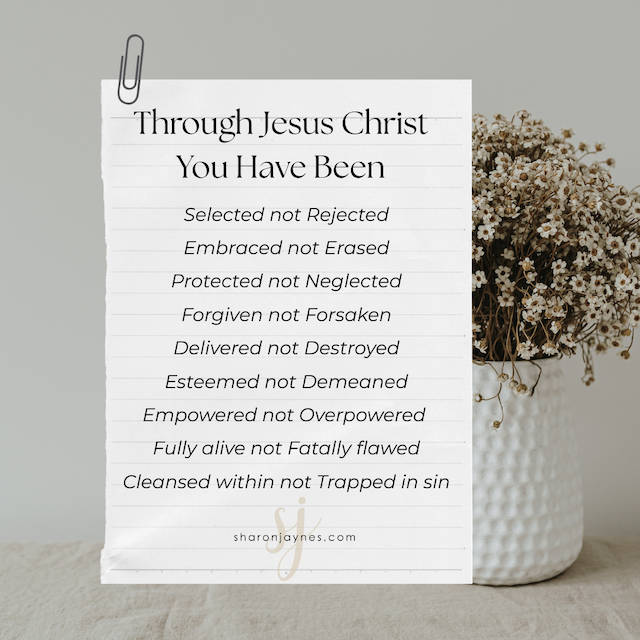Pharaoh’s hard heart (Exodus 10:1-2)
Is Pharaoh to blame if God hardened his heart?

Open Exodus 10:1-2.
In the modern world, knowledge is acutely focused on causation. Other cultures have not always shared this preoccupation.
Many ancient peoples attributed anything that happened to God. For example, we say, “It rained.” And if someone asks why, we explain that evaporated moisture fell when it hit a region of low atmospheric pressure. That’s not how they viewed things in Old Testament times. They never said, “It rained.” They said, “God sent rain” or “God withheld rain.” We say, “She’s pregnant.” They said, “God opened her womb” or “God closed her womb.” Whatever happened — good or bad — God was the cause.
That cultural difference makes it hard for us to make sense of how they described things. We read, “God hardened Pharaoh’s heart,” and we wonder if God was being unreasonable. Surely Pharaoh cannot be culpable if God overrode his human will and forced him to be disobedient. That’s because we think in exclusive terms: for us, the cause must be either Pharaoh hardening his own heart or God hardening Pharaoh’s heart.
But to the Hebrews, these were not mutually incompatible ideas. They thought both were true. They could say:
- Pharaoh hardened his heart (Exodus 8:15, 32).
- God hardened Pharaoh’s heart (9:12; 10:20, 27; 11:10; 14:8).
- Pharaoh’s heart was hardened (7:13-14, 22; 8:19; 9:7, 34-35).
Our mindset makes it difficult to comprehend the existence of evil. If God is good, and God only does good, and everything comes from God, then how can evil exist? If evil exists, then in some ultimate sense, God is responsible. As any ruler knows, the buck stops at the top.
The Hebrews didn’t struggle with the question in those terms. Read Job. Everything comes from God, the good and the bad. Even the satan functions as a member of God’s court, for nothing could happen except by the omnipotent sovereign’s decree. So if Pharaoh’s heart was resistant to God’s decree, they understood that resistance as an act of God too.
Can you grasp their both/and perspective? Pharaoh is making culpable choices of his own within God’s overarching sovereignty. These two truths are not incompatible in the Hebrew worldview. (And just to be clear, this is not about Pharaoh’s personal salvation: that would be anachronistic.)
One of the really interesting aspects of the story is that God repeatedly tells Moses, “I will harden Pharaoh’s heart” (4:21; 7:3; 14:4). On each occasion, God is preparing Moses to take a message to Pharaoh. Moses has already objected that he won’t be able to convince Pharaoh: “How then will Pharaoh listen to me?” (6:12, 30) God knows Pharaoh won’t listen to Moses, but he doesn’t want Moses to feel like it’s his own fault. So God carries the can, unburdening Moses from the responsibility for Pharaoh’s response.
Once you realize the story is telling you that the Egyptian king’s hard heart is functioning within the bigger story of God’s overarching sovereignty, you realize that the harder Pharaoh resists, the more God’s sovereignty is revealed. If Pharaoh had chosen to give in easily, God’s sovereignty would not have been so obvious. The more Pharaoh resists, the more he ends up revealing who’s really in charge.
Carefully read these verses, and you’ll see all of that coming together at the beginning of the eighth plague:
Exodus 10:1–2 (ESV)
1 Then the Lord said to Moses, “Go in to Pharaoh, for I have hardened his heart and the heart of his servants, that I may show these signs of mine among them, 2 and that you may tell in the hearing of your son and of your grandson how I have dealt harshly with the Egyptians and what signs I have done among them, that you may know that I am the Lord.”
Seeking to understand Jesus in the terms he chose to describe himself: son of man (his identity), and kingdom of God (his mission). Riverview College Dean
View all posts by Allen Browne





